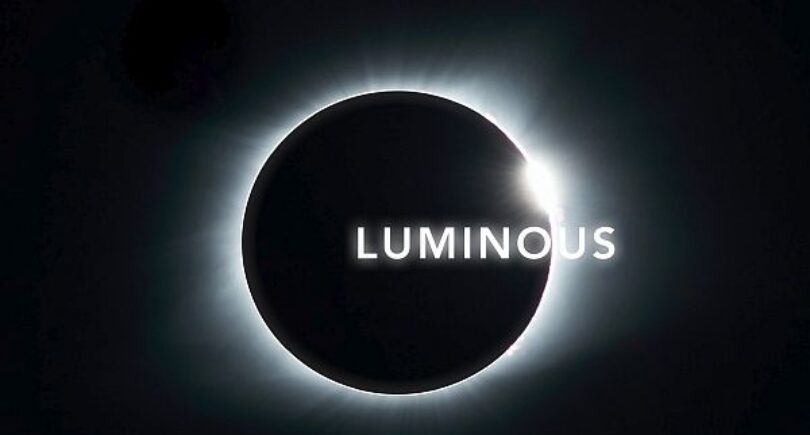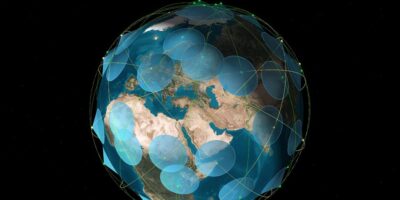

Photonics startup aims for world’s most powerful AI supercomputer
Despite substantial progress, says the company, the world is still waiting for the “superhuman” applications promised by AI technology. While the AI community knows how to deliver such capabilities from an algorithmic perspective, more compute, bandwidth and memory are desperately needed, says the company.
“It’s an incredible time to be a part of the AI industry,” says Marcus Gomez, CEO and co-founder, Luminous. “AI has become superhuman. We can interact with computers in natural language and ask them to write a piece of code or even an essay, and the output will be better than most humans could provide. What’s frustrating is that we have the software to address monumental, revolutionary problems that humans can’t even begin to solve. We just don’t have the hardware that can run those algorithms.”
To address this, says the company, which is using proprietary silicon photonics technology to eliminate data movement bottlenecks at every scale, it is completely re-imagining how AI computers are built, resulting not only in order-of-magnitude improvements in performance, but also in drastic simplifications to the programming model.
Most people who build hardware assume that in order to improve performance, you have to trade off against programmability and cost-efficiency, or just go to a higher-density silicon node,” says Gomez. “By introducing silicon photonics technology at the heart of computer architecture, we’re not only able to drastically improve performance and scalability, but we’re also able to make it much easier to build huge AI models.”
The latest funding will primarily go towards doubling the size of the company’s engineering team, building out its custom chips and software, and gearing up for commercial-scale production. Specifically, says the company, it is actively recruiting photonics designers, digital and analog VLSI engineers, packaging and system integration engineers, and machine learning experts. The company says its core differentiation comes from the fact that it is building nearly every part of the stack from the ground up, integrating expertise from a diversity of domains.
The funding round included participation from investors including Gigafund, Bill Gates, 8090 Partners, Neo, Third Kind Venture Capital, Alumni Ventures Group, Strawberry Creek Ventures, Horsley Bridge, Modern Venture Partners, among others.






